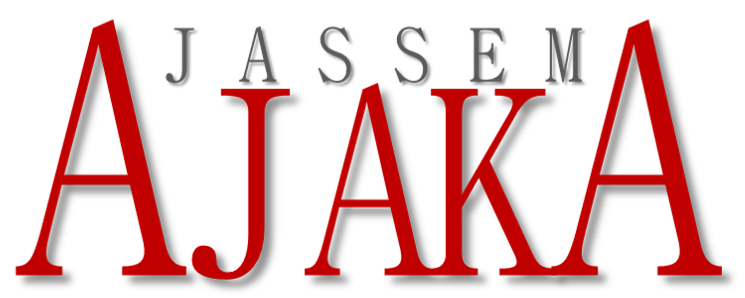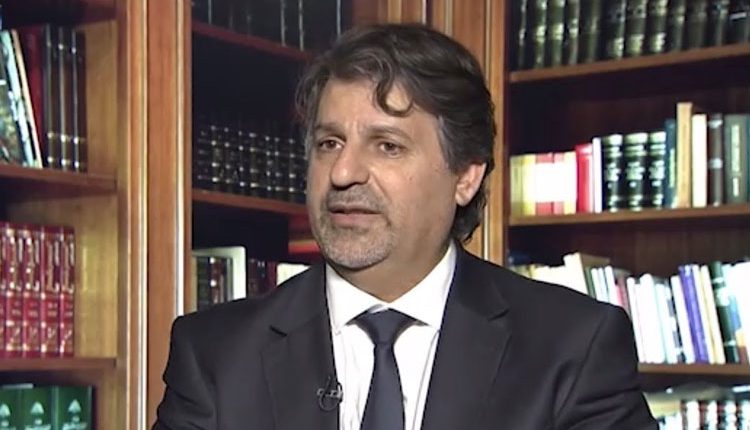jassemajaka@gmail.com
News Analysis: Economists differ on Lebanon’s new flat tax on imports
Ajaka: All of the products that are consumed by low income people are produced in Lebanon
Xinhua | Dana Halawi
Local economists expressed different views about the 2-percent flat tax imposed by the government on most imports in the 2019 state budget.
“Officials increased tariffs on imports from 5 percent to 7 percent but this is not what industrialists really wanted,” Nassib Ghobril, economist and head of the economic research department at Byblos Bank, told Xinhua.
Ghobril explained that industrialists were demanding measures such as stopping dumping and controlling smuggling across the borders with Lebanon.
“What industrialists really want is the closure of factories that do not pay taxes or fees to the National Social Security Fund,” he said.
According to Ghobril, the government should have imposed tariffs only on products that are produced in Lebanon.
Ghobril slammed the new measure, saying that it will have a huge negative impact on merchants and consumers due to higher prices of products.
Lebanese Economy Minister Mansour Bteish announced earlier this month that the cabinet has approved a decision to impose a flat tax of 2 percent on all imports to protect local production.
“We are imposing a 2-percent flat tax on imports except for pharmaceutical drugs, electric cars and equipment that are used for industrial purposes,” Bteish said.
For the past few years, industrialists have been urging the government to take measures to protect their industries by halting the dumping of cheap products from other countries in addition to subsidizing the cost of electricity which is very high in Lebanon and contributes greatly in the increase of the industrialists’ cost of production.
Head of the Beirut Traders’ Association Nicolas Chammas voiced his concerns about the new measure, saying that traders want to encourage the local industry, but instead of increasing the prices of imported products, the government should have reduced the cost of production in Lebanon.
“This new measure will lead to price hikes of various items including aluminum and other products that are used in several industries, in addition to clothes, shoes and items that are used by limited-income citizens,” he said.
Meanwhile, Adnan Rammal, representative of the trade sector in the Economic and Social Council, said that this new measure will lead consumers to pay additional 5 percent to 10 percent for the prices of products.
“When products arrive at Port of Beirut, importers will pay more taxes, and then wholesalers and retailers will increase prices to secure profits. After all this, we have to add the value added tax and income tax. The products’ final prices will increase tremendously,” Rammal explained.
Rammal believes that such a move should have been studied more to avoid hurting the trade sector.
“Some factories in Lebanon can produce products of high quality that can be consumed by citizens which we support for sure. But when taxes are imposed on all products except for only a few items, this will increase monopoly and smuggling,” he said.
As for economist Jassem Ajaka, he had a totally different opinion.
Ajaka is not only in favor of the new measure but also supports a higher increase in flat tax on imports by up to 8 percent to protect local industries.
“All of the products that are consumed by low income people are produced in Lebanon,” he said.
Ajaka called upon Lebanese officials to prevent traders from raising their prices following this new measure.
“We expect traders to complain about this new measure but we have now entered a phase where we should protect local industry from foreign competition,” he said.
Industry Minister Wael Abou Faour announced few days ago during a joint press conference with economy minister that the economy ministry will make sure to control prices in the Lebanese market.



